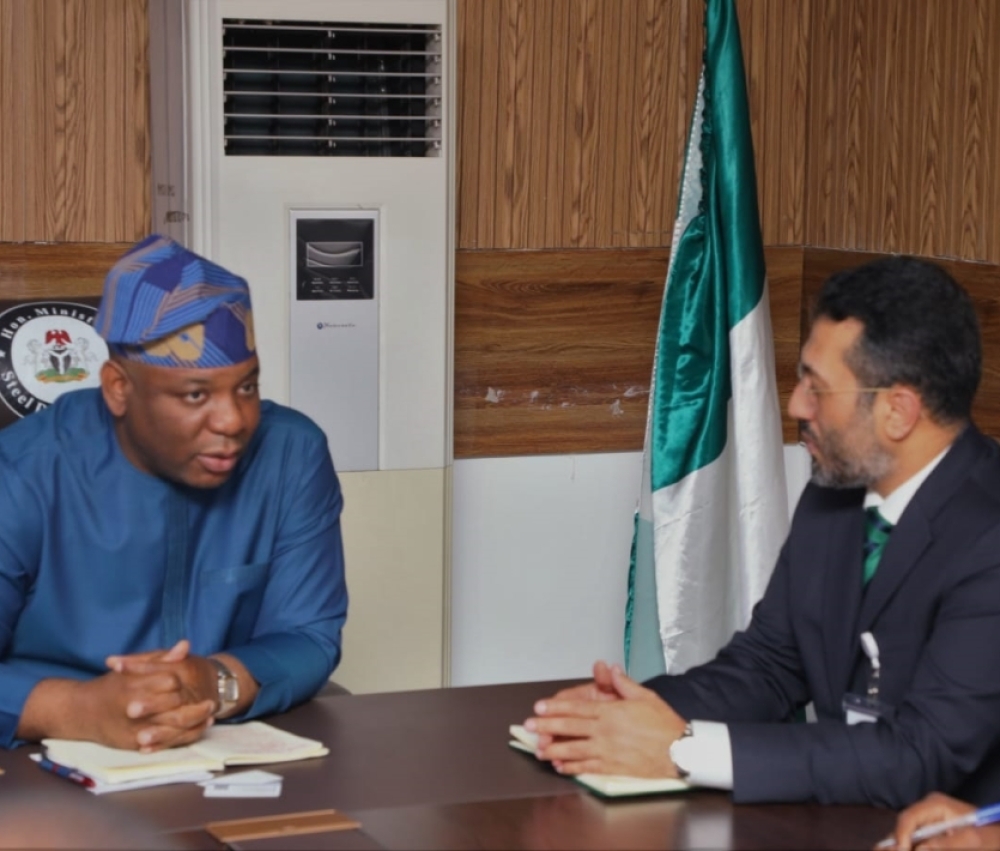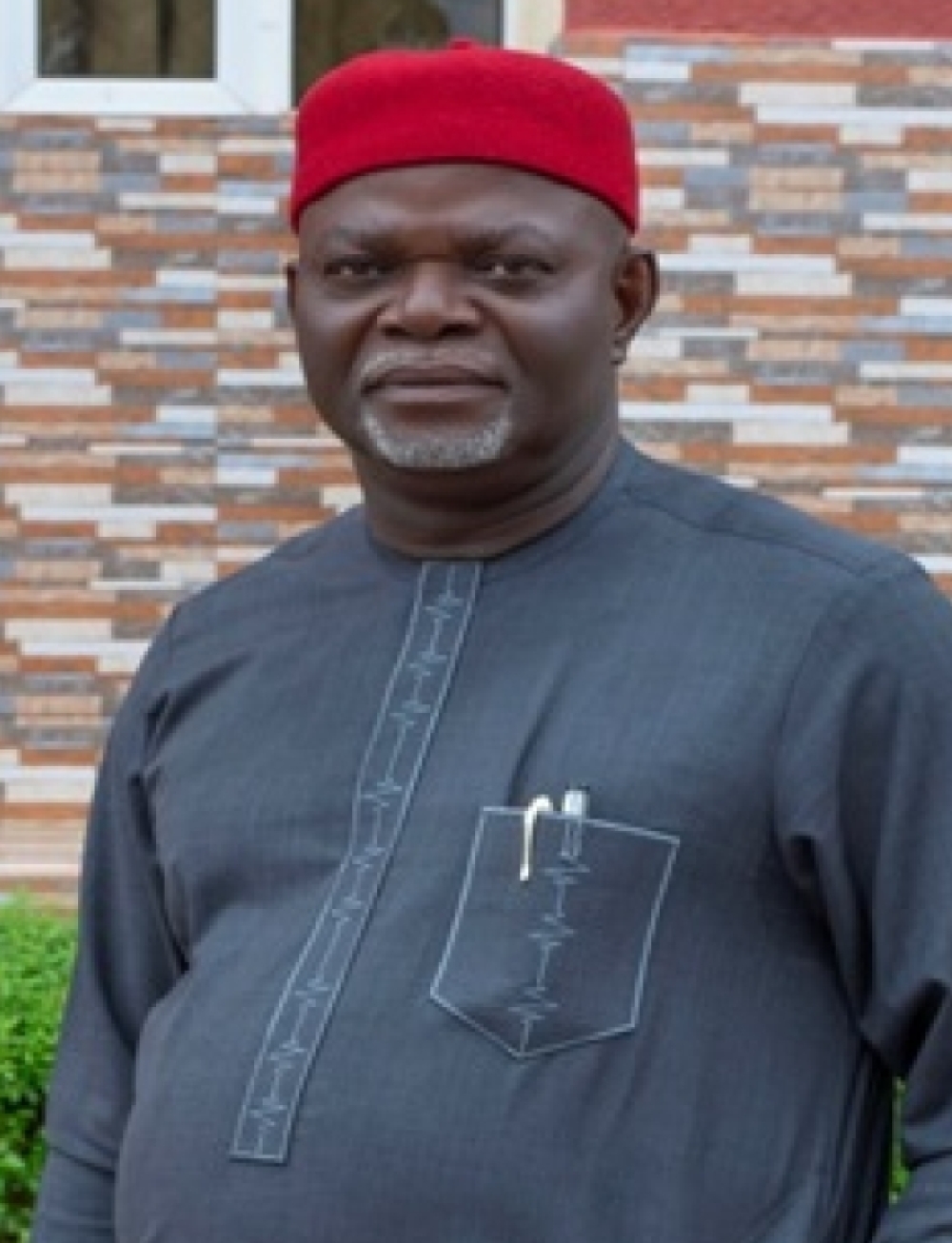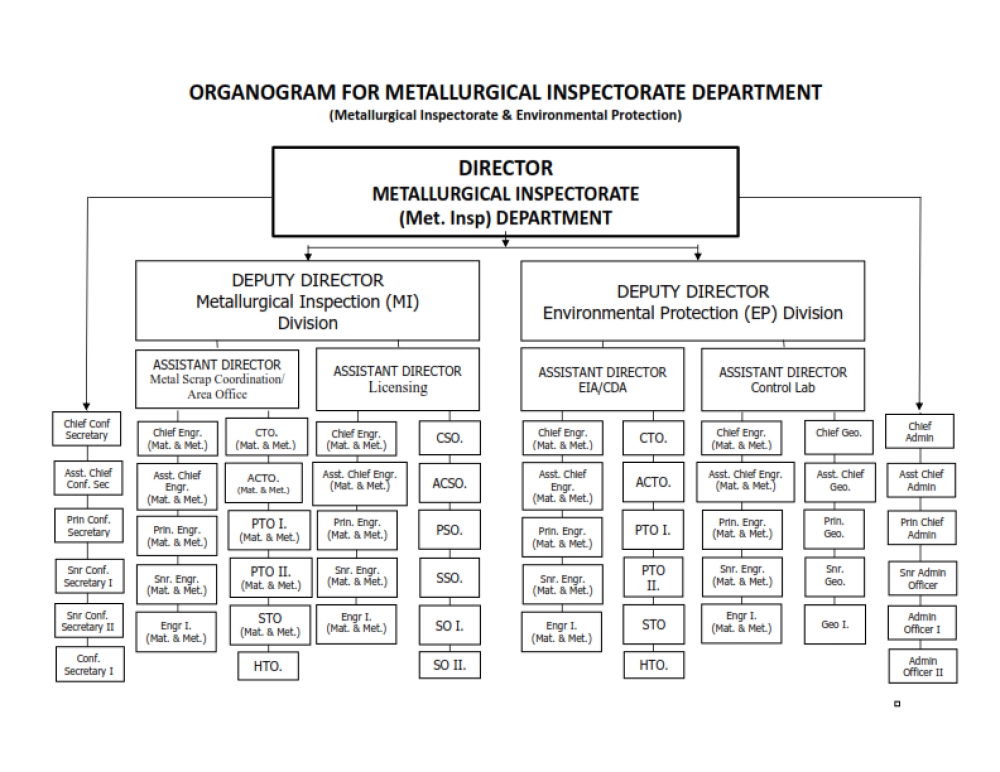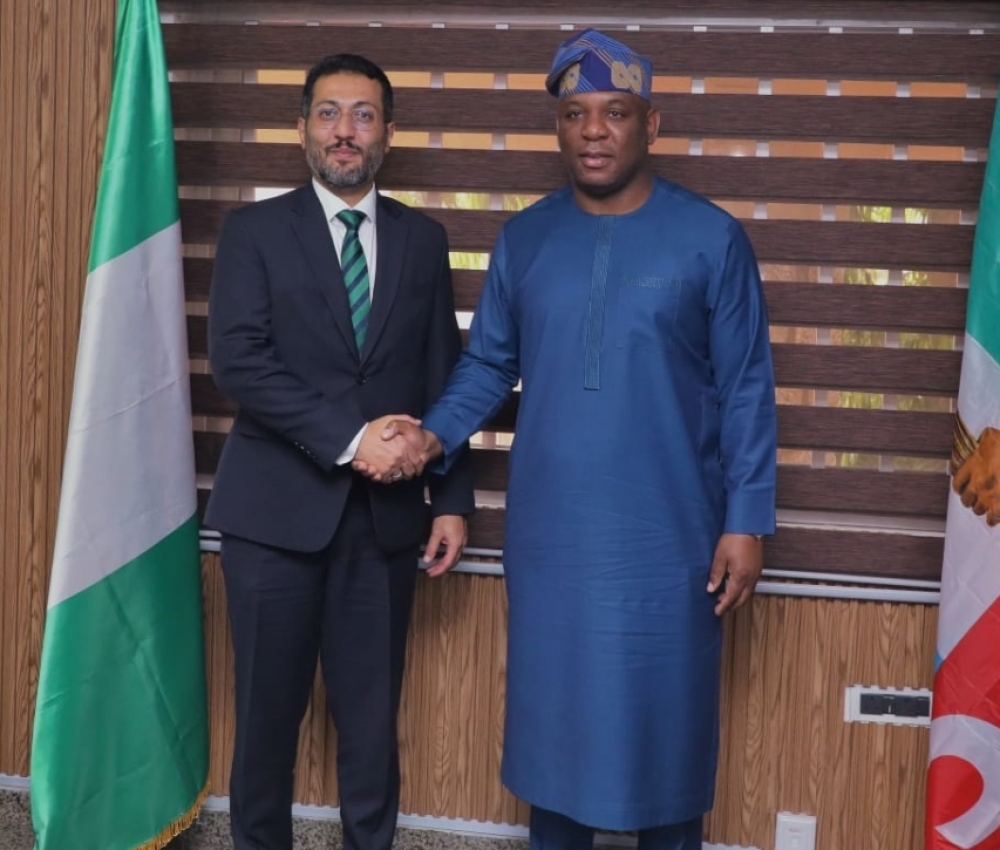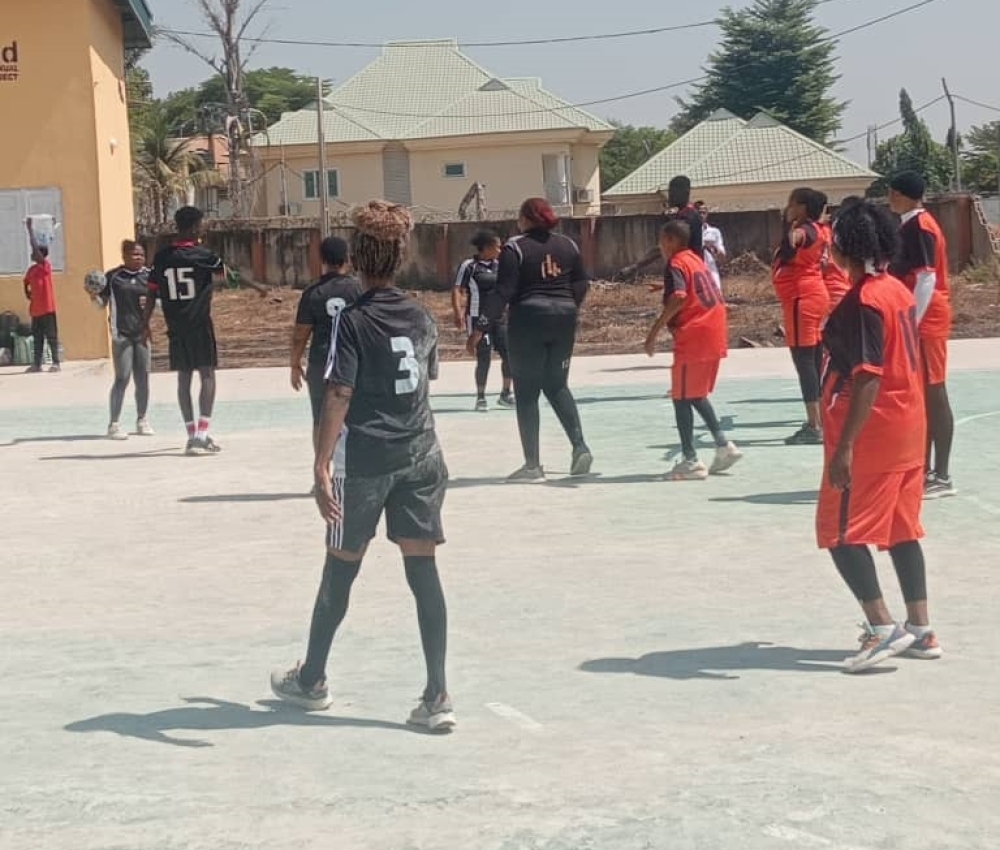ABOUT THE METALLURGICAL INSPECTORATE & ENVIRONMENTAL PROTECTION (MI&EP) DEPARTMENT
The Metallurgical Inspectorate & Environmental Protection Department is a specialized arm of the Ministry of Steel Development, responsible for overseeing and regulating the steel and other metals sector in Nigeria. The Department ensures that all metallurgical activities comply with national and international standards for quality, safety, and environmental sustainability.
Our mandate extends across a broad spectrum of activities, from issuing operational licenses and entry permits to conducting rigorous inspections of steel and metal operations. The Department also plays a critical role in enforcing environmental protection measures, ensuring that industrial processes minimize their ecological footprint while maintaining safe and technically sound practices.
At the heart of our operations is the protection of public safety and the environment. We work to prevent environmental degradation by ensuring compliance with environmental laws and coordinating Environmental Impact Assessments (EIA) across the sector. Furthermore, we are committed to enforcing Nigerian Metals Standards/Codes, providing guidance to industry operators, and advocating for the use of local metals in government projects.
Through continuous monitoring, collaboration with relevant agencies, and capacity development initiatives, the Metallurgical Inspectorate & Environmental Protection Department supports the growth of Nigeria’s metallurgical industries, aligning them with global best practices. We aim to foster a metal industry that is not only efficient and competitive but also sustainable and environmentally conscious. With a vision to position Nigeria as a leader in the global metallurgical industry, the Department is committed to developing policies, standards, and practices that promote industrial growth while safeguarding both human and environmental health.
2. DIVISIONS:
- Metallurgical Inspectorate (MI) Division
- Environmental Protection (EP) Division
3. MISSION OF THE DEPARTMENT:
To regulate, inspect, and promote excellence in the steel and other metals industries by ensuring compliance with safety, quality, and environmental standards, while fostering the sustainable use of metal resources to drive national industrial growth and safeguard public welfare.
4. VISION OF THE DEPARTMENT:
To be a leader in Metallurgical Inspection and Environmental Protection, championing innovation and sustainable practices that elevate Nigeria's metal industries to globally competitive standards.
4. CORE OBJECTIVES:
- Regulation & Compliance: Oversee all metallurgical and environmental activities in the steel and metals sector, ensuring compliance with national and international safety, quality, and environmental standards.
- Permits and Licensing: Issue operational licenses and entry permits for the steel and other metal industries, ensuring adherence to regulatory requirements.
- Environmental Sustainability: Conduct environmental assessments and enforce compliance to ensure that metal industry operations do not negatively impact the environment.
- Advocacy for Enabling Environment and Ease of Doing Business in the Steel and other Metals Sector: Promote the use of locally sourced metals in government contracts to support domestic industries and facilitating the resolution of challenges faced by industry operators.
- Inspection & Monitoring: Regularly inspect metallurgical operations to maintain high safety and quality standards while minimizing environmental risks in all aspects of steel and other metals processing.
- Capacity Development: Facilitate the development of technical skills and knowledge for micro, small, medium, and large-scale operators in the sector.
- Safety Regulations: Publish and enforce safety manuals and standards to minimize operational hazards and ensure worker protection.
- Laboratory Testing & Validation: Establish and supervise National Metallurgical Standards and Testing Laboratories to validate the quality of both local and imported metallurgical products and raw materials.
- Global Competitiveness: Stay updated on global metallurgical technologies and advise stakeholders to ensure that Nigeria's industry adopts best practices and remains competitive.
- Prevention of Structural Failures: Investigate causes of structural failures and collaborate with relevant bodies to implement preventive measures.
- Scrap Metal Regulation: Control and regulate scrap metal operations through the establishment of centralized metal scrap dumps nationwide towards coordinating the activities of metal scrap vendors and scavengers, in order to protect public and private metallic infrastructures, prevent environmental pollution and ensure safe practices.
5. RESPONSIBILITIES & MANDATES.
- Responsible for all matters bothering on the regulation of the steel and other metals sector through Metallurgical Inspectorate activities, Environmental Protection, Safety and Quality Control in the metal sector;
- Recommend relevant Quality, Safety, and Environment standards to appropriate agencies of Government and enforce such approved standards;
- Issue Entry Permits and Operational Licenses in the Steel and other Metal sector;
- Monitor, inspect and ensure compliance by the metals industry operators of all categories with environmentally friendly and technically safe operations;
- Advocacy for the utilization of local metal industry products in all Government contract;
- Enforcing compliance with standards for metals in the country, in liaison with appropriate bodies;
- Enforcement of Nigerian Metals Standards/Codes with detailed chemical and physical properties, safety manual and regulations in liaison with industry operators;
- Producing, publishing and circulating safety manuals and safety regulations to metals producers and foundry operators so that operational hazards/accidents are minimized or eliminated;
- Liaising with relevant Government Agencies to ensure compliance with environmental regulations by operators in the Metallurgical industry;
- Establishing and Supervising all Control Laboratories in the metal sector for testing, investigations and validating metallurgical products and raw materials either produced locally or imported;
- Facilitating Metallurgical Capacity Development for Micro, Small, Medium and Large-scale operations in the sector;
- Keeping abreast of world-wide trends in metallurgical plant technologies/ development and advises the Ministry and public/private sector steel companies on design options, equipment supplies;
- Regulating the activities of metal scraps agents outside the steel plants around the country to prevent environmental pollution;
- Inspecting metallurgical projects and issue certificates of completion after being satisfied with all performance indices in accordance with design specification and contractual obligations for both private and public organizations;
- Supervise National Metallurgical Development Centre (NMDC), Jos and National Iron Ore Mining project (NIOMCO), Itakpe;
- Investigating the causes of structural failure in the country and taking necessary preventive measures in collaboration with relevant bodies;
- Coordinate Metallurgical Environmental Impact Assessment in the Industry in liaison with Ministry of Environment.
FUNCTIONS OF THE METALLURGICAL INSPECTORATE (MI) DEPARTMENT
- Is responsible for all matters bothering on the regulation of the steel and other metals sector through Metallurgical Inspectorate activities, Environmental Protection, Safety and Quality Control in the metal sector;
- Recommend relevant Quality, Safety, and Environment standards to appropriate agencies of Government and enforce such approved standards;
- Issue Entry Permits and Operational Licenses in the Steel and other Metal sector;
- Monitor, inspect and ensure compliance by the metals industry operators of all categories with environmentally friendly and technically safe operations;
- Advocacy for the utilization of local metal industry products in all Government contract;
- Enforcing compliance with standards for metals in the country, in liaison with appropriate bodies;
- Enforcement of Nigerian Metals Standards/Codes with detailed chemical and physical properties, safety manual and regulations in liaison with industry operators;
- Producing, publishing and circulating safety manuals and safety regulations to metals producers and foundry operators so that operational hazards/accidents are minimized or eliminated;
- Liaising with relevant Government Agencies to ensure compliance with environmental regulations by operators in the Metallurgical industry;
- Establishing and Supervising all Control Laboratories in the metal sector for testing, investigations and validating metallurgical products and raw materials either produced locally or imported;
- Facilitating Metallurgical Capacity Development for Micro, Small, Medium and Large-scale operations in the sector;
- Keeping abreast of world-wide trends in metallurgical plant technologies/ development and advises the Ministry and public/private sector steel companies on design options, equipment supplies;
- Regulating the activities of metal scraps agents outside the steel plants around the country to prevent environmental pollution;
- Inspecting metallurgical projects and issue certificates of completion after being satisfied with all performance indices in accordance with design specification and contractual obligations for both private and public organizations;
- Supervise National Metallurgical Development Centre (NMDC), Jos and National Iron Ore Mining project (NIOMCO), Itakpe;
- Investigating the causes of structural failure in the country and taking necessary preventive measures in collaboration with relevant bodies;
- oordinate Metallurgical Environmental Impact Assessment in the Industry in liaison with Ministry of Environment.
